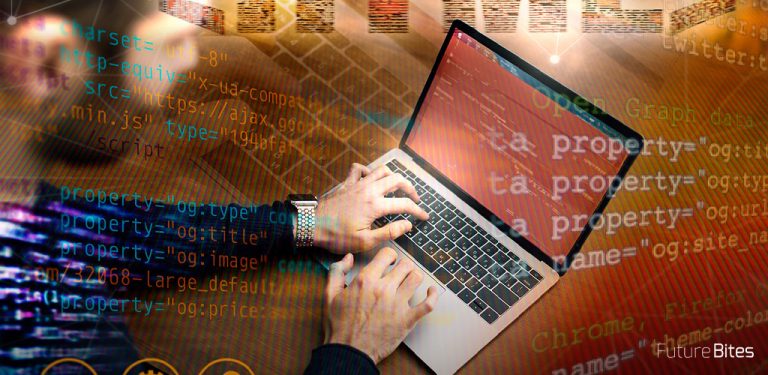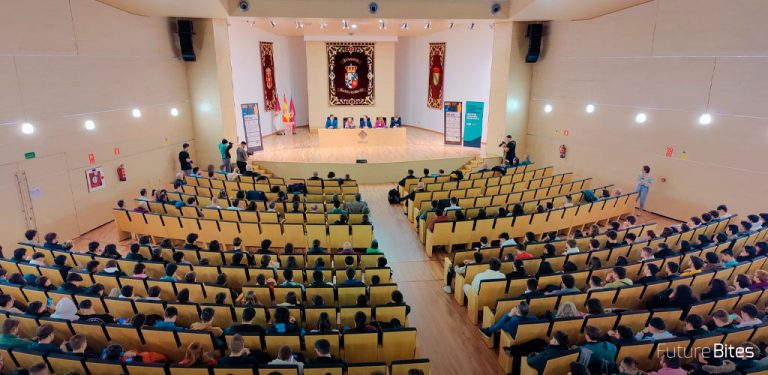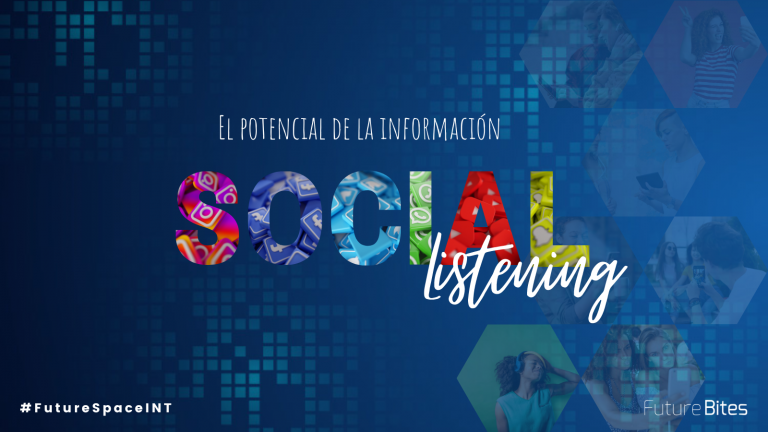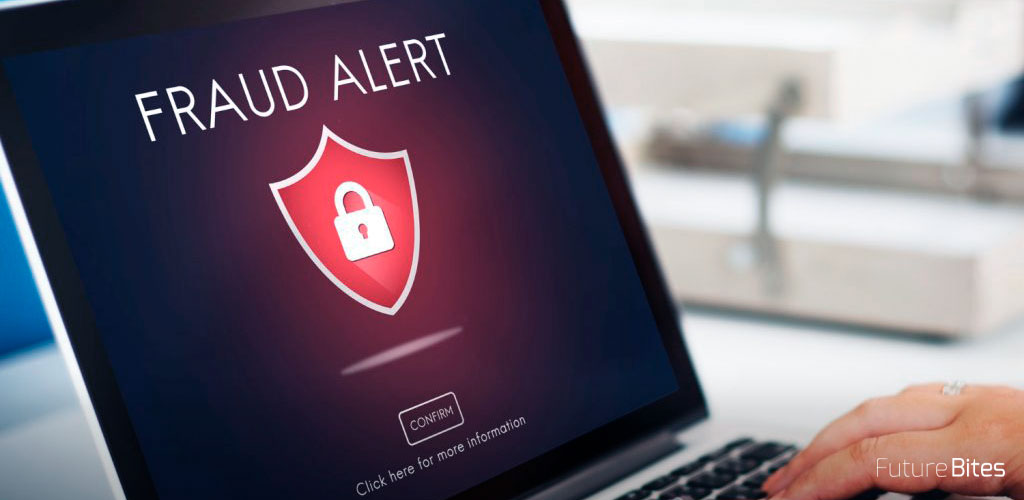Can you imagine a world in which processing a claim is quick and almost instantaneous? Can you imagine not having to pay commissions to intermediaries for insurance-related transactions? Or having a secure trace of the data of all transactions carried out in an insurance company?
Both from the point of view of the users and the insurers, the Blockchain can help to bring us closer to the answer to these questions: "If this is already a reality! This weekend I was at Codemotion and I attended a talk on Blockchain that I found very interesting and that made me wonder what application this new paradigm of the digital world could have in the insurance sector, so I did some research on the subject.
What is Blockchain?
Imagine that a dragon lands in the middle of a football stadium during the Champions League final and burns the entire grass, takes flight and leaves. If after the incident some of the match attendees take a lie detector test, they will all agree that the dragon really did appear at the match and will give an identical version of what happened. In this case, will there be any doubt that it really happened?
Well, this is the principle on which the Blockchain paradigm is based, only in this case it is not the counted version of a football game assistant that we are going to have, but a text file that is going to be locally in thousands of computers where all the transactions carried out by the users will be written. This file cannot be easily modified, you need a private key and the moment it is modified in a computer locally it is synchronized in the whole network instantly, so anything that has been written cannot be deleted anymore. Each new entry must be authenticated by most of the nodes that make up the network.
What do we get with blockchain?
With blockchain we are able to send transaction data securely thanks to sophisticated encryption. Moreover, as the text document in all computers is identical, it is not a problem that some of the machines in the network are disconnected or deleted (or even all the nodes in the network except one) because they all have the same information, so the service would still be available, this way we get a robust network against attacks.
On the other hand we get a system without intermediaries, as I said before, the entries in the files are legitimated by the majority, therefore it is not necessary to have a third party in which you can trust that the entries are correct. We can then say that we get a decentralized network based on the trust that exists between the nodes of the network.
Bitcoin, the leading blockchain application
All this theory is very good and it seems like a good idea, but like so many good ideas, it needs to be materialized in a practical application so that we can really check that it is viable and that it can have a future application in some area. Well, as most of us already know, that successful application already exists and it is Bitcoin.
Bitcoin is digital money. The general thought is that something digital is not like something physical, if I have a table and I sell it I stop having my table so that someone else can have it. On the other hand, the perception in the digital realm is that I can have a photo, copy it to a pendrive for a friend and give it to her, this way we'll both have the same photo.
Well, with Bitcoin this scheme is broken because it's something digital that "works" like something physical, because you can't duplicate bitcoins, at the moment they are transferred the same thing happens as with the table, you stop having them so that others can have them. This, which seems simple (you can't "make" money), is one of the keys to the success of this digital currency, security. In addition, Bitcoin is not backed by any one country's currency, which makes it a currency independent of politics, eliminating the borders that any issue related to politics or geography can generate; it's a global currency. In addition, because of this globalization, international transactions are instantaneous, which makes it a breakthrough in the world of international banking.
And how does this affect the insurance industry?
As with international transactions, the application of the Blockchain can speed up claims processing times and improve the quality of insurers' services, this is known as Smart Contract. Seeing the future that Blockchain offers, many Spanish regulated companies (Banking, Insurance, Energy and Telecommunications sector) are joining together to form a Blockchain consortium, Alastria.
It seems that we are facing a new revolution in the paradigm of contracts and interactions with insurance companies and it is expected that by 2020 the contracts made in the insurance sector will be using Blockchain technology, so we must not lose sight of the developments that are coming.












